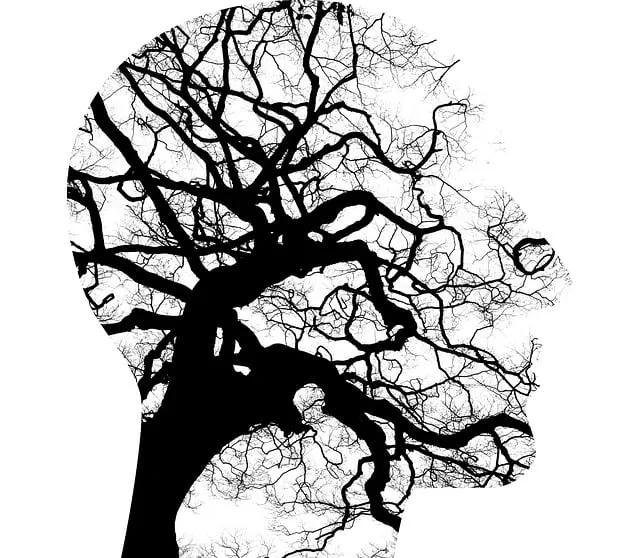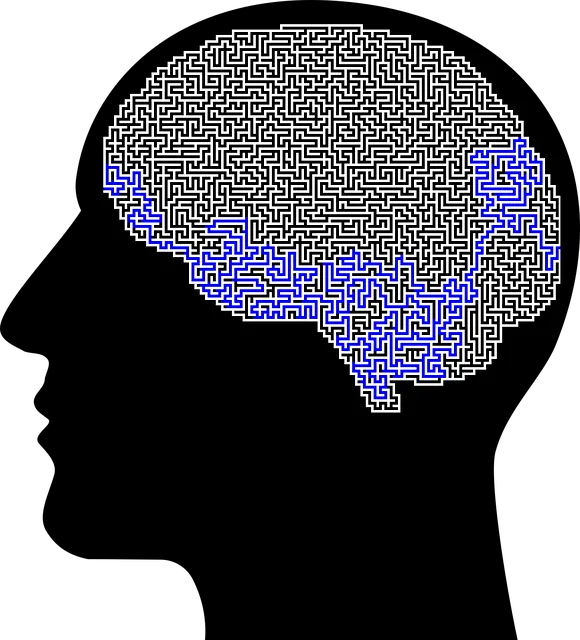Crisis Intervention Teams (CITs) at Greenwood Village Kaiser Permanente play a vital role in delivering effective mental healthcare. Trained professionals offer immediate support, de-escalate crises, and connect individuals with long-term care. Their integration of active listening, crisis assessment, and de-escalation techniques enhances care quality and fosters a supportive environment. The organization's innovative CIT training program combines rigorous training with evidence-based practices, leading to improved patient outcomes and staff resilience. These programs reduce stigma, encourage mental wellness, and decrease burnout risk, setting a benchmark for best practices in mental health care within the healthcare sector, focusing on Greenwood Village Kaiser Permanente mental health services.
Crisis intervention teams (CITS) are a vital resource in mental health care, providing immediate support during crises. This article explores the importance of CIT training programs and highlights a successful model from Greenwood Village Kaiser Permanente. We delve into the essential components of effective training, including team building, evidence-based practices, and scenario-based simulations. Real-world examples demonstrate the significant benefits of CITs in improving patient outcomes and reducing emergency room visits within the context of Greenwood Village Kaiser Permanente’s mental health services.
- Understanding Crisis Intervention Teams: A Vital Resource in Mental Health Care
- Greenwood Village Kaiser Permanente: A Model for Training and Implementation
- Essential Components of Effective Crisis Intervention Team Training Programs
- Benefits and Impact: Real-World Examples and Future Directions
Understanding Crisis Intervention Teams: A Vital Resource in Mental Health Care

Crisis Intervention Teams (CITs) are a vital resource in mental health care, especially within healthcare organizations like Greenwood Village Kaiser Permanente. These specialized teams consist of trained professionals who provide immediate and effective support to individuals experiencing severe emotional distress or crises. CITs play a crucial role in de-escalating high-risk situations, offering short-term intervention, and connecting individuals with appropriate long-term care options.
By integrating Crisis Intervention Team training programs, healthcare organizations such as Greenwood Village Kaiser Permanente can empower their staff to handle mental health crises competently. This includes equipping them with skills in active listening, crisis assessment, and evidence-based de-escalation techniques. Furthermore, these programs often emphasize the importance of self-care routine development for better mental health, positive thinking, and stress management workshops within the organization. Such initiatives not only enhance the quality of care but also foster a supportive environment where individuals can access timely intervention and recovery support.
Greenwood Village Kaiser Permanente: A Model for Training and Implementation

Greenwood Village Kaiser Permanente stands as a model for crisis intervention team (CIT) training and implementation. This healthcare organization has pioneered an integrated approach that combines extensive CIT training with evidence-based practices, such as Stress Management Workshops Organization sessions, Anxiety Relief techniques, and Mindfulness Meditation programs. By integrating these initiatives into their routine care, Greenwood Village Kaiser Permanente ensures that their staff is well-equipped to handle mental health crises effectively.
The model’s success lies in its holistic approach, which not only trains professionals but also fosters a supportive environment where team members can apply their newfound skills in real-world scenarios. This comprehensive strategy has led to improved patient outcomes and enhanced staff resilience, making Greenwood Village Kaiser Permanente a beacon for best practices in crisis intervention training within the healthcare sector.
Essential Components of Effective Crisis Intervention Team Training Programs

Effective crisis intervention team (CIT) training programs are multifaceted and tailored to address the unique challenges of mental health crises in various settings, including healthcare facilities like Greenwood Village Kaiser Permanente. Core components include comprehensive education on mental illness stigma reduction efforts, fostering empathy through compassion cultivation practices, and equipping teams with evidence-based interventions aligned with Mind Over Matter principles. These programs not only enhance the skills of CIT members but also promote a culture of support and de-escalation strategies, ensuring individuals in crisis receive compassionate and effective care.
The training should cover situational assessment techniques, communication skills for diffusing high-stress situations, and a deep understanding of diverse populations’ mental health needs. Regular simulations and role-playing exercises allow teams to practice their response, improve coordination, and develop resilience against burnout. Additionally, integrating peer support mechanisms and ongoing supervision ensures that CIT members receive the necessary backing to manage intense cases effectively while upholding compassionate standards.
Benefits and Impact: Real-World Examples and Future Directions

The benefits of crisis intervention team (CIT) training programs are multifaceted and profound, particularly in settings like Greenwood Village Kaiser Permanente where mental health services are integral to community well-being. These programs not only equip healthcare providers with crucial skills for handling psychological crises but also significantly enhance public awareness campaigns related to mental health. By fostering a culture of care and support, CIT training can reduce the stigma associated with seeking help, encouraging individuals to prioritize their self-esteem improvement and overall mental wellness.
Real-world examples highlight the transformative impact of these initiatives. Studies have shown that communities with well-trained CIT teams experience lower rates of repeated hospitalizations for psychiatric conditions. Moreover, healthcare providers participating in such programs often report enhanced job satisfaction and a decreased risk of burnout, which is prevalent among those on the front lines of mental health care. Looking ahead, future directions for CIT training may include integrating burnout prevention strategies for healthcare providers and leveraging technology to reach a wider audience, ensuring that support and education are accessible to all who need it.
Crisis intervention team (CIT) training programs, as exemplified by Greenwood Village Kaiser Permanente’s successful model, play a pivotal role in enhancing mental health care. By equipping healthcare professionals with the necessary skills and knowledge, these programs empower them to effectively support individuals during crises. The essential components of such training, including realistic scenarios and ongoing practice, ensure that teams are well-prepared to handle diverse situations. As highlighted by real-world examples, CIT training has a profound impact on improving patient outcomes and staff satisfaction. Looking ahead, the future of mental health care benefits from continued innovation and expansion of these programs, drawing inspiration from models like Greenwood Village Kaiser Permanente, to create a more responsive and supportive environment for all.






